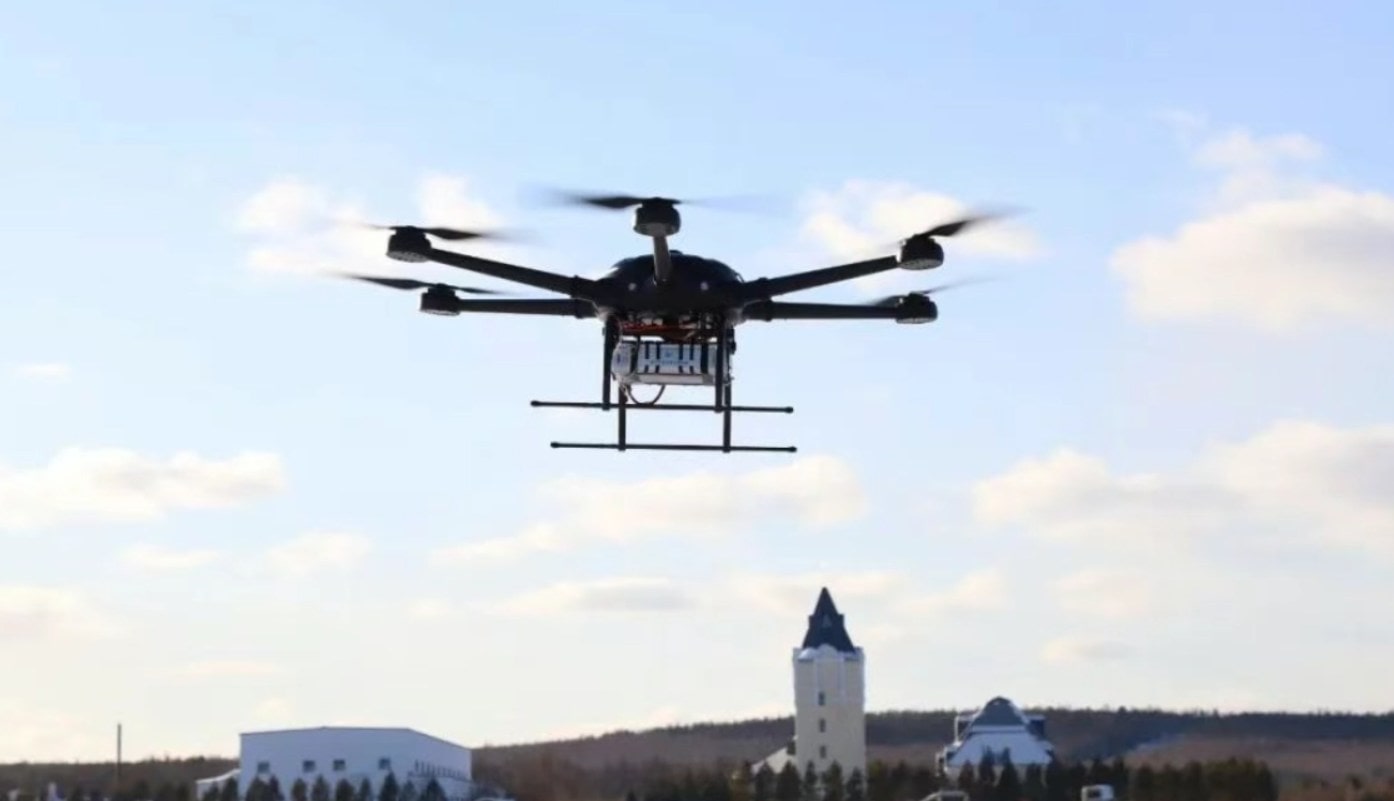China Tests High-Energy Lithium Battery on Hexacopter UAV in -36°C Mohe Conditions

In a significant advancement for drone technology in extreme conditions, the Dalian Institute of Chemical Physics of the Chinese Academy of Sciences has announced a successful test of their cutting-edge battery technology. The ultra-low temperature, high specific energy lithium battery developed by Chen Zhongwei’s research team (Power Battery and System Research Department – DNL29) has demonstrated impressive performance when adapted to a six-rotor UAV in the extreme cold of Mohe, where temperatures plunged to minus 36 degrees Celsius.
According to reports, during the test flight, the six-rotor UAV equipped with a high specific energy lithium battery had a stable flight attitude and a cruising range at extremely low temperatures; Several flight tests such as fast start, high-altitude hovering and complex path cruising have been completed; The voltage output was stable during the flight, and there was no power fluctuation or sudden power failure caused by ultra-low temperature, which fully verified its low temperature adaptability and reliability.
Also, the team has significantly broadened the battery’s operating temperature range by developing a breakthrough electrolyte formula and employing advanced anode material modification technology. These innovations ensure stable power output across extreme temperatures ranging from -40°C to 50°C.
Solving the “Range Shrinkage” Problem
One of the most impressive achievements is how the team addressed the critical “range shrinkage” issue that commonly affects drones in cold environments. Using adaptive thermal management technology combined with specialized low-temperature impedance optimization design, the researchers have controlled the battery’s range attenuation rate to less than 10% of typical temperature performance, even in environments as cold as –40°C.
This performance far exceeds industry standards, where batteries typically suffer a 30% to 50% range reduction in similar conditions. The practical benefit is significant: drones equipped with this technology can perform missions in polar regions and high-altitude areas without returning frequently due to diminished endurance, thereby substantially improving operational efficiency.
Also, the Dalian Institute of Chemical Physics, Chen Zhongwei’s team, plans to further optimize the battery’s performance and promote its application in more equipment designed for extreme environments.
This advancement represents another step forward in China’s growing technological capabilities in specialized battery systems for challenging operational conditions.



